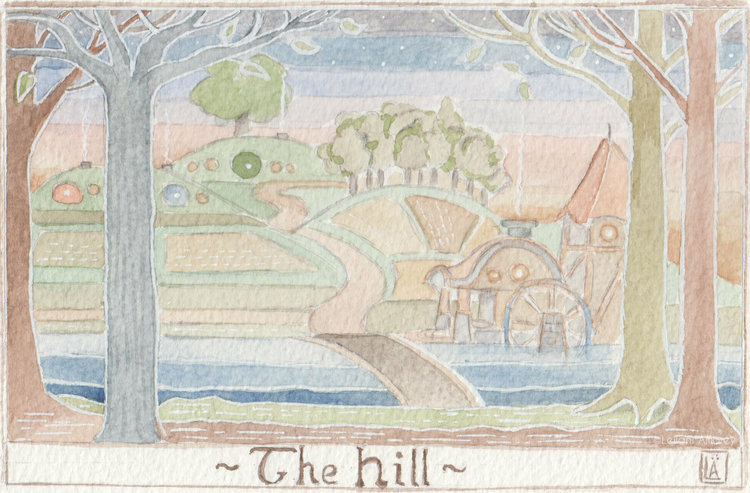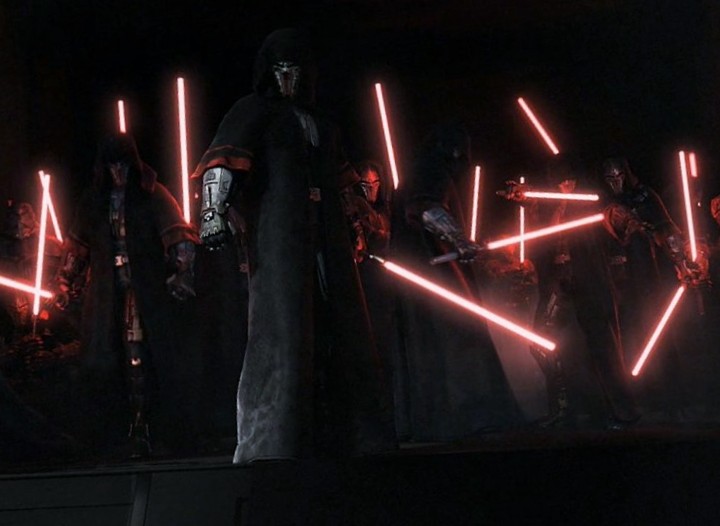In the past, I wrote about a tech startup called Knack on my blog which used video games as a means to test job readiness and streamline the hiring process. Like comic books long ago, video games are at an odd place. The industry makes billions, spans the globe, and continues to grow. More and more colleges are adding video game-related majors. Video games have even boomed as watchable entertainment, either through Twitch and YouTube or by having them broadcast on cable television as sporting events. Despite this, the perceived value of playing a video game remains in question, even when the skills a gamer might learn from doing so could easily transfer into real world success.
During my tenure in World of Warcraft, I raided on a schedule with my guild. As I was promoted up the ranks into a leadership role, raiding in WoW took on many attributes similar to a management position at a company, despite being something I did for fun and entertainment. I often handled training, I helped maintain and exemplify our community culture and behavior policies, and I sometimes had to discipline people. Raiding also required project management skills, both in the raids themselves or leading up to them.
I personally feel like my experiences playing World of Warcraft would lend themselves well to a resume, but I will never mention it. For far too many, video games are seen as frivolous or are a waste of time. Even if it becomes acceptable that games may be able to test people for real world benefits (see Knack mentioned above), we are still a long ways off from accepting the fact that games can teach valuable skills and enrich our lives in ways extending far beyond simple entertainment.
Or are we? Here are a few counterexamples to that line of thinking, a line I still follow, but am beginning to question.
In 2012, a story made the rounds about a 21-year old hired to manage a soccer team in Azerbaijan based on his video game experience. As the Internet is likely to do, the story was blown somewhat out of proportion since he was already working for the team, albeit in a much smaller role. Still, citing his ten years of experience playing the game Football Manager, he was put into the role without much other experience, and despite competition that had more traditional experience.
Football Manager isn’t the type of game you will see headline a console launch party, but it is an incredible evaluation of the game’s simulation quality that someone got hired into a real soccer role because of playing it. Simulators have long been popular as both niche games and tools for actual training. During a high school trip to Huntsville, AL, I had a chance to try out one of NASA’s basic space shuttle simulators. It wasn’t entertaining, but I did learn a lot about some of the controls and some of the science about landing a shuttle.
Recently, Kotaku ran an article mentioning an interview with a student at the University of Tokyo, one of Asia’s most prestigious institutions. In the interview, the student cited Pokemon directly as a potential reason for how he had gotten into such a desirable school. Comparing the game to chess, a non-video game long cited for its skill development in strategy and critical thinking, the student argued that he had developed his logical thinking skills by playing the game seriously.
In a Wall Street Journal article from 2014, the question of whether or not you would hire someone with World of Warcraft experience is posed directly. While the ultimate conclusion seems to shy away from going too detailed or relying too much on video game experience in your resume, the article did cite at least example of someone being hired – Heather Newman, director of marketing and communications for the University of Michigan’s School of information – to some extent, because of her experience ‘managing a guild of as many as 500 people and organizing large-scale raids of 25-to-40 players to complete tasks for several hours four to five days a week’. By including this in her Leisure/Volunteer Activities section, she underplayed its significance, but still included it since the skills learned in game do apply to the role she would be performing.
The scales haven’t tipped yet, but as a generation of gamers grow into and are promoted into hiring positions, the value of video games as potential examples of skills will only increase. Already we live in a culture that embraces gamification in a business sense and that has long used video games as simulators. With more and more games involving highly complex skills or complicated group interactions via the internet, there will be ample opportunities to develop real life abilities, such as leadership, critical thinking, and strategizing. I would likely argue against making a video game the highlight of your resume, but there is certainly a case to be made why some examples of playing video games can be used to argue your qualifications for a job.
Picture derived from “The grindstone” by Kathryn Decker licensed under CC by 2.0
C. T. ‘Murf’ Murphy is a writer and blogger. His work can be found on his blog, Murf Versus, or on MMOGames.com, where he moonlights as a “games journalist”. You can also find him on Twitter, where he never shuts up.






